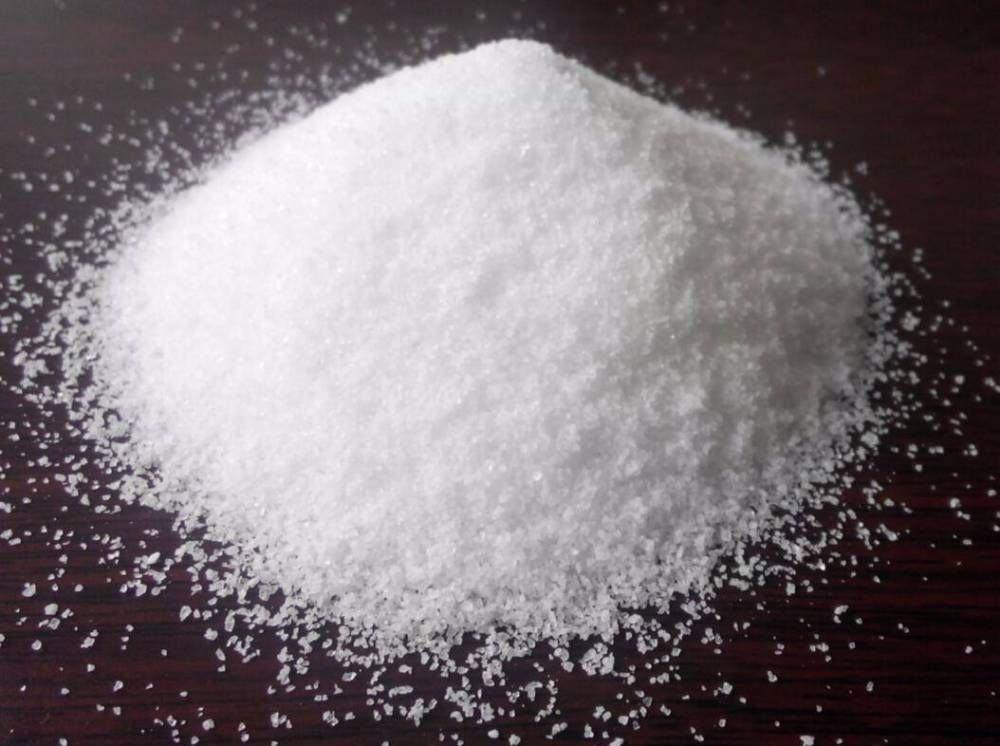Introduction:
Polypropylene is a versatile plastic polymer used in various industries due to its unique properties. It's a thermoplastic polymer that can be melted and molded repeatedly, making it suitable for a wide range of applications.
1. Chemical Resistance: Polypropylene is resistant to many chemicals, making it suitable for containers and packaging for various substances.
2. Heat Resistance: It can withstand relatively high temperatures without deforming, making it suitable for use in items like dishwasher-safe containers and laboratory equipment.
3. Lightweight: Polypropylene is a lightweight material, making it ideal for applications where weight is a concern.
4. Flexible and Tough: It has a good balance of flexibility and toughness, making it suitable for products like ropes, textiles, and automotive parts.
5. Low Cost: It's relatively inexpensive compared to some other polymers, which contributes to its widespread use in manufacturing.
6. Recyclable: Polypropylene is recyclable, which is advantageous for sustainability efforts.
Applications of polypropylene include packaging materials, automotive components, textiles, laboratory equipment, medical devices, and more. Its versatility and advantageous properties make it a popular choice across various industries.
Specification:
| Item | T30SF | Tested Value | Test Method | |
| Melt Flow Rate(MFR) g/ 10min | 4.4±0.4 | 4.2 | GB/T 3682 | |
| Isotactic index % | ≥96.0 | 97.71 | GB/T 2412 | |
| Polymer appearance | Colour pcs/kg | ≤30 | 0 | SH/T 1541 |
| Black pcs/kg | 0 | 0 | ||
| Yellow index | -2.7 | HG/T 3862 | ||
| Ash mg/kg | ≤200 | 172 | GB/T9345.1 | |

